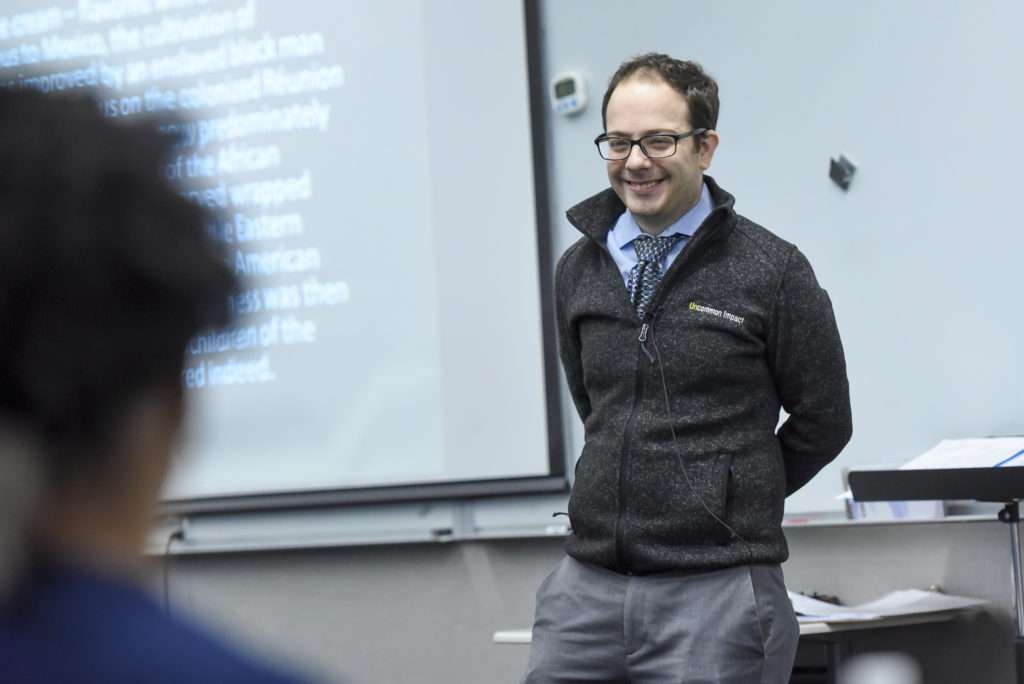Trainings

Confronting Comprehension: Techniques for reading and understanding informational text
Experts sometimes call informational texts “ungenerous,” because they demand so much schema. But unless your students know everything about every topic, they will need to occasionally (or often!) read about topics they’re unfamiliar with. What strategies set them up for success, and what can you do to know – in real time – that students “get it”? (Most applicable to grades 5-12)

Analyzing Student Work
Ever feel like analyzing interim assessments makes sense in math but is fuzzy in English class? Let’s dive into techniques for analyzing student work so we can take the most precise next steps possible with reading comprehension. Ditch doing yet another lesson on “finding the main idea” and target your students’ growth areas with focus! Recommended after the Confronting Comprehension Session (Most applicable to grades 3-12)
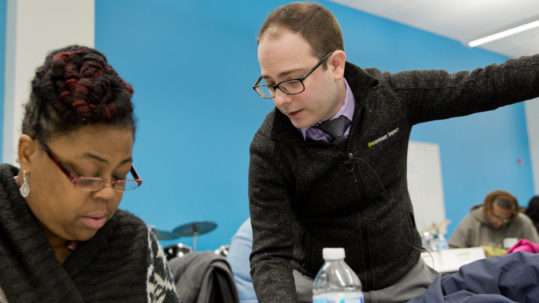
Student-Centered Discourse 101: Creating Conversation
Student discourse is one of the best ways we have to develop student engagement, agency, and voice. Focused on ELA (but applicable to all subject areas), this session will investigate the most common pitfalls in literacy discourse, helping teachers avert the most frequent trouble spots and create equitable spaces where students can discover and use their voices. (Applicable to all grades)
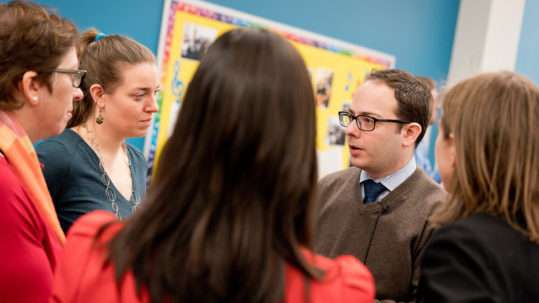
Giving Asset-Based Feedback to Student Work
Want to build better writers? Help them develop their sense of voice. In this session, we explore ways to center student voice when giving feedback – providing participants with one-pagers, samples, rubrics, and lesson frameworks for doing this in their own classrooms. We’ll talk about some principles to use when giving kids feedback, and practice giving a bit ourselves. (Most applicable to grades 5-12)

Writing for Analysis
What is it, exactly, we want students do when we ask them to analyze? This session shares ways to describe analysis to students and gives participants a chance to try it out themselves. With a shared language for student analysis, we can quickly move to talk about ways to make it stronger. (Most applicable to grades 5-12)
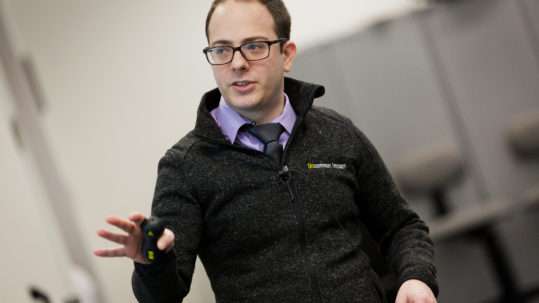
Student-Centered Discourse 201: Deepening Discussion
In the 101 session we talk about getting all of our students to the table. But what do we do when the room is buzzing, kids are engaged, but the conversation stays at the surface? This session looks at some of the ways we can push student thinking to new depths without doing the work for them. (Applicable to all grades)
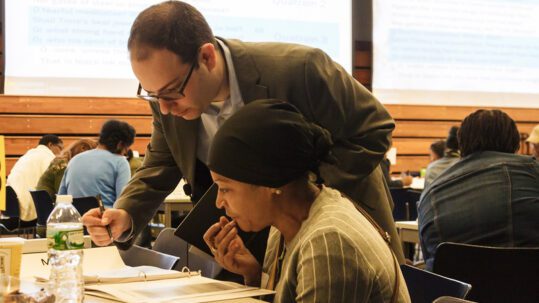
Lesson Planning in Response to Data
The challenge for most teachers isn't not having data -- we're swimming it! Instead, we're faced with what we should do about it. We'll explore some take-aways from cognitive science research and apply them to building response lessons that leverage our understanding of how kids learn and meets them where they need us most.
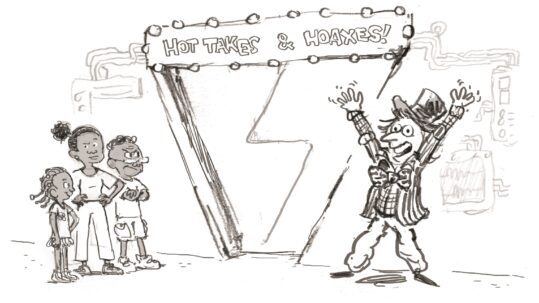
media literacy (author visit: for kids gr. 3-7)
We know our kids are online in grade school, so why do we wait so long to teach them about information literacy? (And when we do, why do we make it sound so scary?) This assembly invites students to consider 2 key moves savvy readers make with information, culminating in practice & a reading from Gram and Gran Save the Summer. It's an author visit with key pedagogical goals.
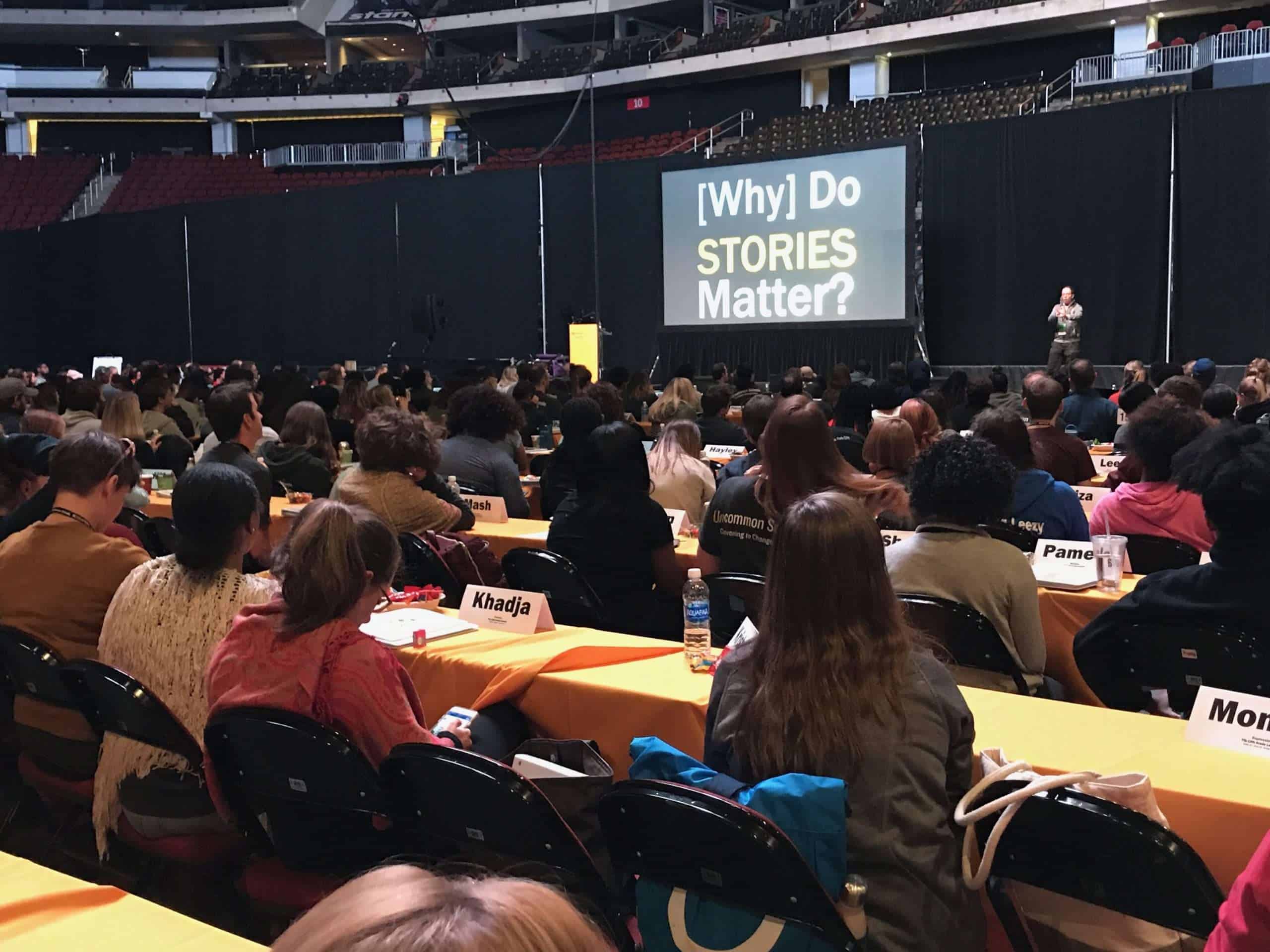
Bespoke Trainings
Is there something else in Love and Literacy you'd like your team to explore? Do you have specific instructional goals and are wondering if I can help? Reach out and we can brainstorm together! I enjoy creating material that matches schools' goals and teachers' needs. I'm also open to creating train the trainer or turnkey sessions, based on need.



